Meet Rev. Dr. R. Lorraine Brown (Cross) | Clergy/Executive Director/Nurse
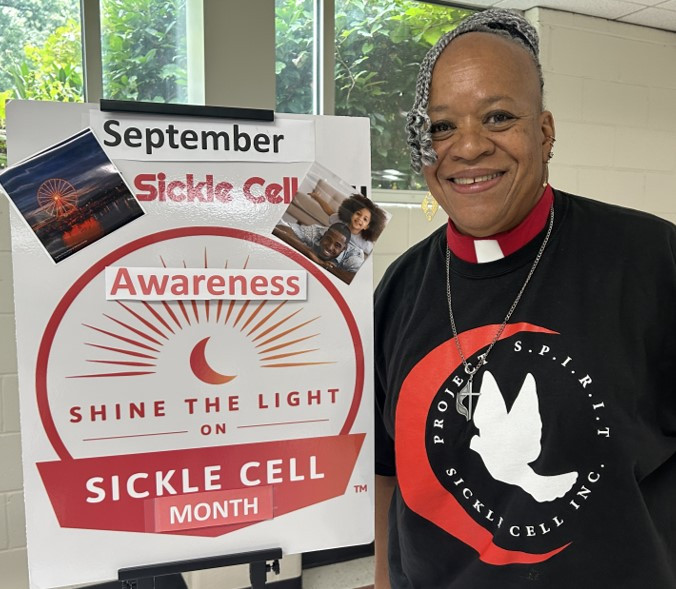

We had the good fortune of connecting with Rev. Dr. R. Lorraine Brown (Cross) and we’ve shared our conversation below.
Hi Rev. Dr. R. Lorraine, can you tell us more about your background and the role it’s played in shaping who you are today?
I was raised in a predominantly white working middle-class community, in an African American home with both my parents, my grandmother, and four other siblings during my formative years. At that time, there were not many other ethnic groups residing in the city. African American families were sprinkled in clusters throughout the city. Besides our families, the community was comprised of persons mainly of Italian or Irish descent. All throughout my school years, my school friends were white. However, all of my after school and weekend friends were black. I realized something interesting later in life – I was never allowed to go to my white friends’ homes to play or visit inside their churches. I had been protected from even realizing that by being kept busy with church and Afrocentric civic activities sponsored either through the church or black social groups in one of the other three surrounding communities where blacks lived.
I grew up in the church, which was instrumental in shaping my spiritual growth and development. My life journey and my spiritual story have been intertwined since I can remember. However, what was happening in the 1960’s news, wasn’t happening in my insulated world. Television provided glimpses of what was happening nationally such as protests and marches elsewhere in the country. I remember hearing Rev. Dr. Martin Luther King talk about the Negro of the north and the Negro of the south, but the struggle did not impact me directly. I do not recall my family voicing much about the struggles going on in the South, especially in the presence of children. When my older siblings left home in the late 60’s to go into the world, I know they had some experiences, but I was sheltered from them. I believe my parents were about protecting me and allowing my childhood and formative years to go unscathed.
It is sad to admit, but I could not relate to what was happening because my world felt safe and secure. People were for the most part friendly, and I learned to be friendly in return. Differences in people were not the focus. Overt racism and segregation was not my experience growing up. However, in a few years, I would come to realize that hidden, covert racism was very pervasive in Massachusetts, even at that time.
So, it was when I left the insulation of my cocoon living, after graduating from high school in 1971, moving outside the perimeters of those four communities that had nurtured and protected me that I quickly became awakened to the issues of ethnicity and racial differences. This awakening began with first acceptance to my first calling – the profession of nursing, while attending a well-known Boston Hospital School of Nursing. During that time, whereby my acceptance was based more on my being a commodity to fulfill an affirmative action requirement than to actually become a nurse. While I knew there was a difference in my skin color compared to others, in the hospital setting is where I was exposed to a greater number of people of color. – Caribbean, Asian and East Indian peoples.
And then racism reared its ugly head, slapped me in the face – literally and figuratively – and when I came to realize that being black meant being treated different – often in less than fair and equal ways. Despite the barriers, challenges, and obstacles, I became the first African American to graduate from that 100+ year old Massachusetts institution in 1975.
I attended college and earned a BS degree in Human Services with a focus on trying to start-up of 501(c)3 minority woman-owned infant/toddler child-care center. While the center did not come to fruition, in the years following I continued to work in the area of early childhood and health education. When I relocated to the Washington DC area in 2001 to work for the federal government as a program analyst, discerning my call to ministry led to my leaving a high salary position to attend seminary earning my Master of Divinity with a specialization in Spirituality. This specialization led to me identifying the research that would continue to this day – addressing and supporting the needs of individuals living with sickle cell disease. What I found in my research were significant gaps, especially for individuals between the ages of 17-30. Not only was this population starkly underrepresented in many of the studies, but nothing seemed to be being done to address the discrepancy of these findings. Researched yes, Action no. This knowledge ultimately led me to further studies in this area.
During this time I received an appointment to two United Methodist Churches (UMC) in the Baltimore Washington Conference (BWC) area. These pastoral appointments provided wonderful ministerial learning experiences. I was blessed to receive two Pastoral Study Project (PSP) grant awards, from the Louisville Institute. These grants allowed me to continue researching sickle cell and spirituality, while also expanding the understanding of sickle cell disease to the churches I was serving, literally putting faces to the disease as affected individuals and families came to worship and speak with these racially diverse congregations.
The research eventually led to my Doctoral of Ministry (DMin) dissertation entitled The Impact of Spiritual Counseling for African American Young Adults with Sickle Cell Disease. A pilot spiritual intervention occurred in a sickle cell out-patient clinic in a Maryland hospital in partnership with their chaplaincy department. The pilot involved providing participants with the opportunity to meet one-on-one with a chaplain for support, and to share in conversations that increased their everyday coping and self-efficacy. The intervention kept me focused on being pro-active while on a quest to develop strategies to improve the intersect of spirituality and sickle cell disease for young adults. I am grateful to God for the faculty at each of the seminaries I attended who encouraged and did not stifle this God-vision within me as they moved with me into uncharted spiritual and health ministry waters.
Concurrently, while completing my studies, I also completed the candidacy process to be ordained as a clergy elder of the UMC. Following that I completed one-unit of Clinical Pastoral Education (CPE). This experience, like nursing, found me back at the bedsides, building relationships with the wounded, meeting individuals where they found themselves, encouraging and just bringing the presence of God in a time of need. This experience helped me realize that caring for wounded individuals requires a knowledge of self and my own wounds.
These life experiences have taught me to value the vast and varied life learnings over the many years as a nurse, educator, health advocate, preacher/teacher. There were times when I was not fully understanding the ‘why,’ – why was I provided these opportunities until they synergized in ministry. God was expanding my mind, my heart, my soul, my sense of empathy and compassion, placing within me, education, experiences, joys and sorrows, unconditional love, and painful rejections, while surrounding me with people who came for a reason, a season and/or a lifetime. My life experiences, both positive and challenging, were preparing me for what God would have me do at this stage of my life journey.
The strongest element of my ethnic heritage that makes it most difficult to be a Christian is non-acceptance, which is contrary to the way God intends for us to live. Jesus interacted with all people, from diverse backgrounds and stations of life than his own, my desire is to be the hands and feet of Jesus, to be of service and to help others through caring, showing love, giving support and addressing individual needs. And even though I may have had different life experiences, that does not make me any less than or different than others on the inside or outside.
What I value most is I learned to fight the fight differently, just as some have had to fight for my rights in the way they had to, God sees fit for me to march to a different drummer, and to be adaptable in living and working and surviving in situation that required empathy, hospitality and understanding of other peoples and cultures.
I learned that my fruit and gifts are within me to honor God and protect myself while offering hospitality and grace to support individuals living with a disease that uniquely afflicts the Black population. My training as a nurse, the moral authority of a pastor, and my ability to operate comfortably both within the Black community and white social structures give me a special capacity to help this particular group.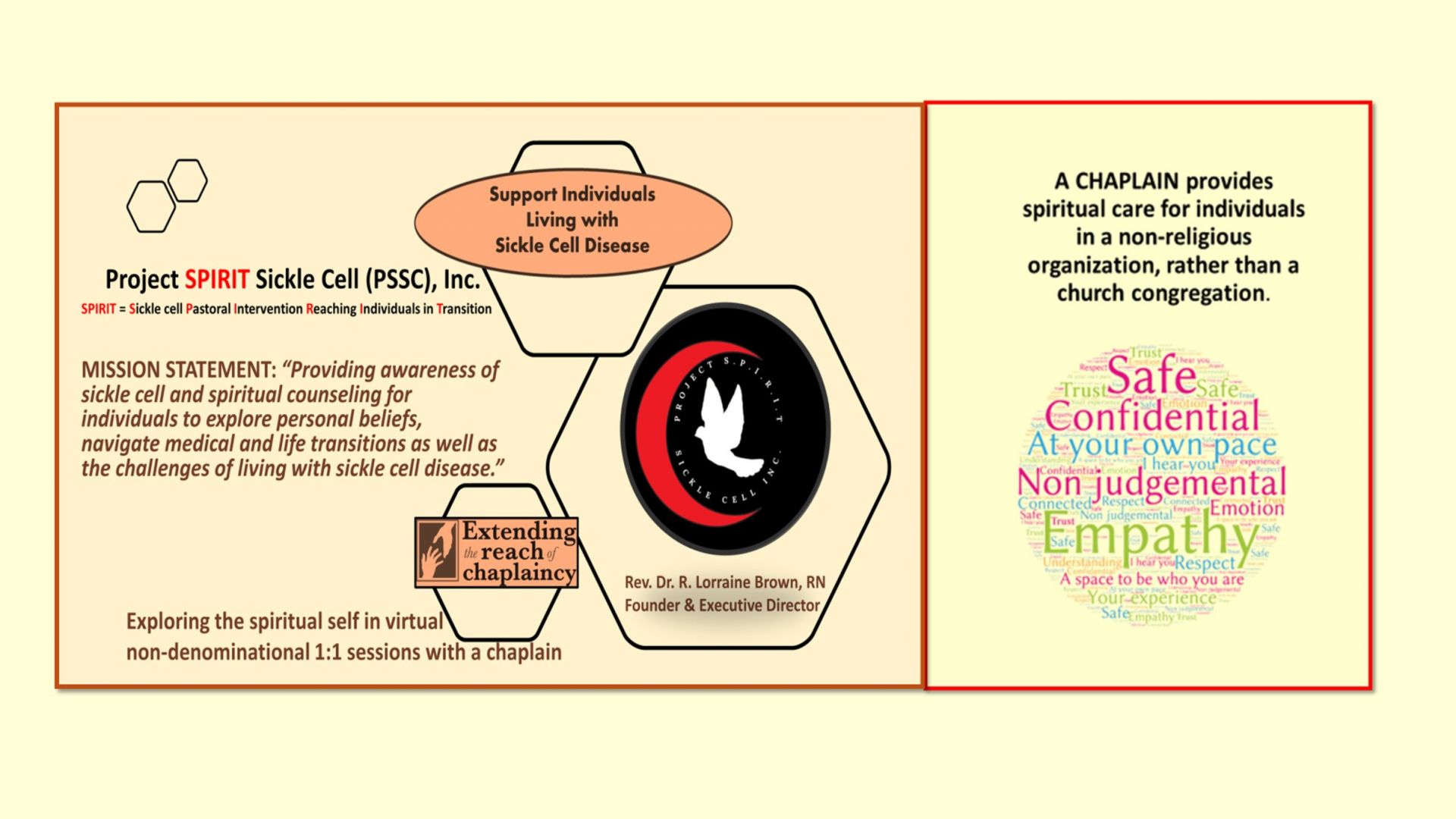
What should our readers know about your business?
Sickle cell disease, an inherited disorder of the red blood cells, is an often-over-looked public health issue that affects approximately 100,000 individuals in the United States. While SCD is a global disorder affecting people of multiple ethnicities, the majority of individuals diagnosed in the United States are of African descent. Currently one of every 365 African American births and one of every 16,300 Hispanic American births in the USA results in a child born with SCD. Individuals with the disorder experience numerous symptoms and complications and a shortened life expectancy. Individuals living with SCD face racial injustice and bias, stigmatization for being black and having a “black disease”, and economic issues associated with having a chronic disease, all of which affect their spiritual development and well-being.
Project SPIRIT Sickle* Cell (PSSC), Inc, *SPIRIT (Sickle cell Pastoral Intervention Reaching Individuals in Transition) is an on-going multi-leveled funded project begun in 2015, which has evolved from a research project to a non-profit 501(c)3 community-based service organization, established in January 2021. Since inception, PSSC has served as a resource for individual impact and transformation through the possibility of new awakenings seeking to bring together the relationship between spirituality, sickle cell disease and the ability to cope. The goal has been to support individuals living with SCD to not only survive but thrive.
Previous phases of this project, prior to incorporating, focused on asking and identifying with this population regarding their spiritual needs, concerns, and desires for a spiritual support group. Focus group participants shared their attitudes, beliefs, and the barriers they encounter that exist when seeking, trying to understand, and practice living a spiritual life. A clinic-based pastoral support and care pilot intervention was offered to participants utilizing a curriculum tailored for this group, administered by a chaplain during one-on-one sessions. Perspectives captured during the pilot intervention provided rich insight into the spiritual beliefs, attitudes, and behaviors of this population which allowed me to create an offering.
As a community-based organization, we are meeting the spiritual needs of this population, collaborating with sickle cell health clinics and other sickle cell community resources for patient referrals to assist individuals find meaning, comfort, hope, goodness, and community in the midst of this challenging health condition. By bringing together the correlation between health, spirituality, and sickle cell disease, and the ability to cope, we aid individuals to navigate life challenges.
Our project team, undergirded by a diverse board of directors, focuses on strategies for meeting the spiritual concerns and needs of this population. Pastoral support by a cadre of chaplains, assist individuals understand their purpose in life; their purpose in life having a chronic disease; their over-all well-being and hopes, concepts of death and dying, and resiliency while nurturing and enhancing their spiritual life.
Individuals living with SCD are often ones without a faith community and are in need of spiritual care. They also lack adequate, relevant resources to search for spiritual experiences while undergoing a curative process. This ministry is actively working to introduce for some and enhance for others, God’s amazing grace that may bring peace as they meet the many facets of life as well as the complex manifestations of living life without sickle cell disease. Eligible individuals of all races, ethnicity and socio-economic backgrounds may enroll for our non-denomination, interfaith, no-cost to participant services.
However, the reality is there are challenges when trying to reach, especially young adults who too often find themselves in circumstances that produce feelings of hopelessness. Young adults are amongst the hardest to reach and they become lost, losing their voice in the presence of those who may be easier to reach – i.e., those younger, with adult advocates, or those who are more seasoned and mature (golden warriors). The long-term benefit of this spiritual support for individuals is to increase skills for coping with chronic illness; improve self-management of personal issues which may be a source of physical and emotional pain, and over-all aid in the improvement of their quality of life.
While performing these services, PSSC became aware of a new outgrowth of the sickle cell community comprised of individuals who had undergone bone marrow transplants or other curative procedures, who also experience the absence of coping skills and hope that then negatively affects their “new birth”, quality of life and health. Resources that address this community of individuals’ basic spiritual needs or provide strategies to meet their special needs are also lacking. As a result, PSSC decided to further expand this ministry to include spiritual support services for individuals who are in the process of experiencing curative procedures for their sickle cell disease.
After holding a roundtable discussion with individuals who are post-curative, to ascertain their spiritual concerns and needs, the Transformer Meetup Group was birthed. Although cured of sickle cell disease, procedures produce other aspects of stress and fear, as well as physical, financial, emotional, psychological, spiritual concerns for the recipients of a curative process. These individuals have voiced feelings of loss of role identity—having difficulty after living a lifetime with sickle cell disease and its symptoms to transitioning to being sickle cell free. Patients have to learn to let go of the familiar (SCD) and may face the future with feelings of vulnerability. These individuals may also continue to experience chronic pain due to the damage to their bodies caused by SCD as well as guilt and condemnation placed upon them by others ineligible for and/or those who are against putting one’s body through a curative process.
As authentic ministry seeks to bring expression to voices that have been suppressed or marginalized, we must be persistent yet patient with reaching those most in need. The ability to transform a life happens when an individual is able to hear and discern their spirituality in the midst of upset and distractions, which is discovered through the intentional and persistent sharing of divine grace. To achieve this goal, PSSC is creative in our approaches, persistent, and patient in reaching those most in need – the voiceless, lost, who are seeking opportunities to build trusting relationships.
PSSC has taken talk and research into action, “boots on the ground” by addressing the identified need for spiritual support through its spiritual support services. According to Blount (2017) to spiritually liberate individuals means, “serving as a catalyst in assisting to remove situations and circumstance that hinder, bind, or obstruct the ability of people to live[spiritually] free.” To carry out PSSC’s mission to meet the needs of this unique population, not through lip service but through actions requires reaching far beyond anything done within the confines of church walls. PSSC accepts this call to use God given gifts and graces to support, serve and minister to those seeking spiritual ownership.
1 Dr. Reginald Blount, “From Sabbath to Freedom Schools” (lecture, Garrett Evangelical Theological Seminary (GETS)), Evanston, IL, June 30, 2017.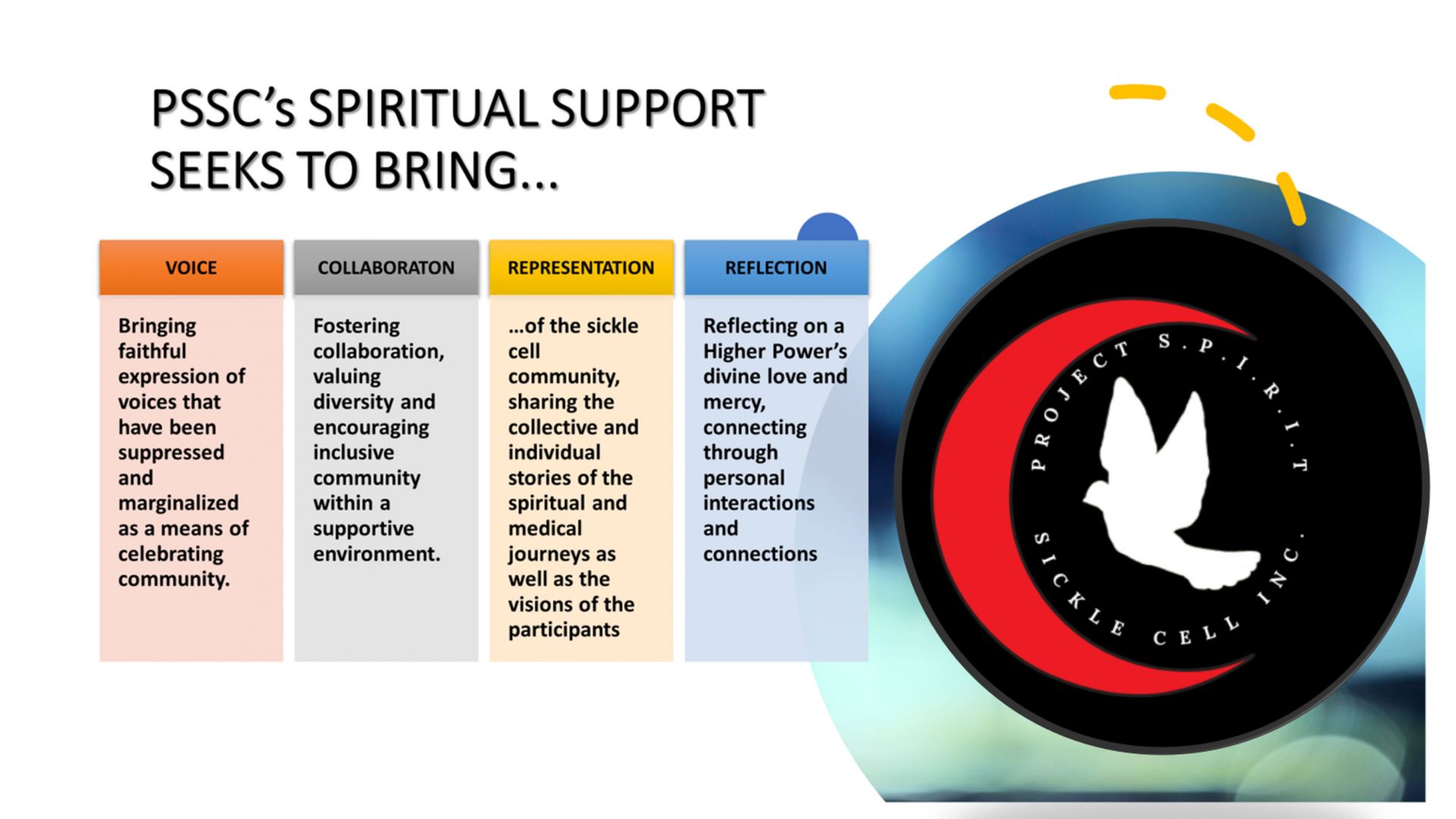
Any places to eat or things to do that you can share with our readers? If they have a friend visiting town, what are some spots they could take them to?
This trip would not be in the state where I currently live but in the state I grew up. We would begin by traveling north to arrive in Maine stopping to eat seafood, especially lobster. Returning back through New Hampshire we would go and take a drive-up Mount Washington. In New Hampshire we would eat at one of the locally-sourced farm fresh restaurants for breakfast. As we enter back into Massachusetts we make a stop at Kelly’s Seafood on the Atlantic Ocean for the best seafood at Revere beach clams, scallops and lobster rolls for lunch. While in Boston we would visit in downtown to the New England Aquarium, The Boston Tea Party ship and museum, After visit the shops at Faneuil Hall, then to the Boston Commons through Boston Public Gardens past the Make Way for Duckling statues to the Charles River and the Half Shell, site of the Fourth of July Pops and fireworks. Then to the Robert Gould Shaw and the 54th Regiment Memorial across from the Massachusetts State House. Before leaving we would make a trip to Harvard University in Cambridge. This trip is about the mountains and the oceans and the parks and the food. All in appreciation for God’s provisions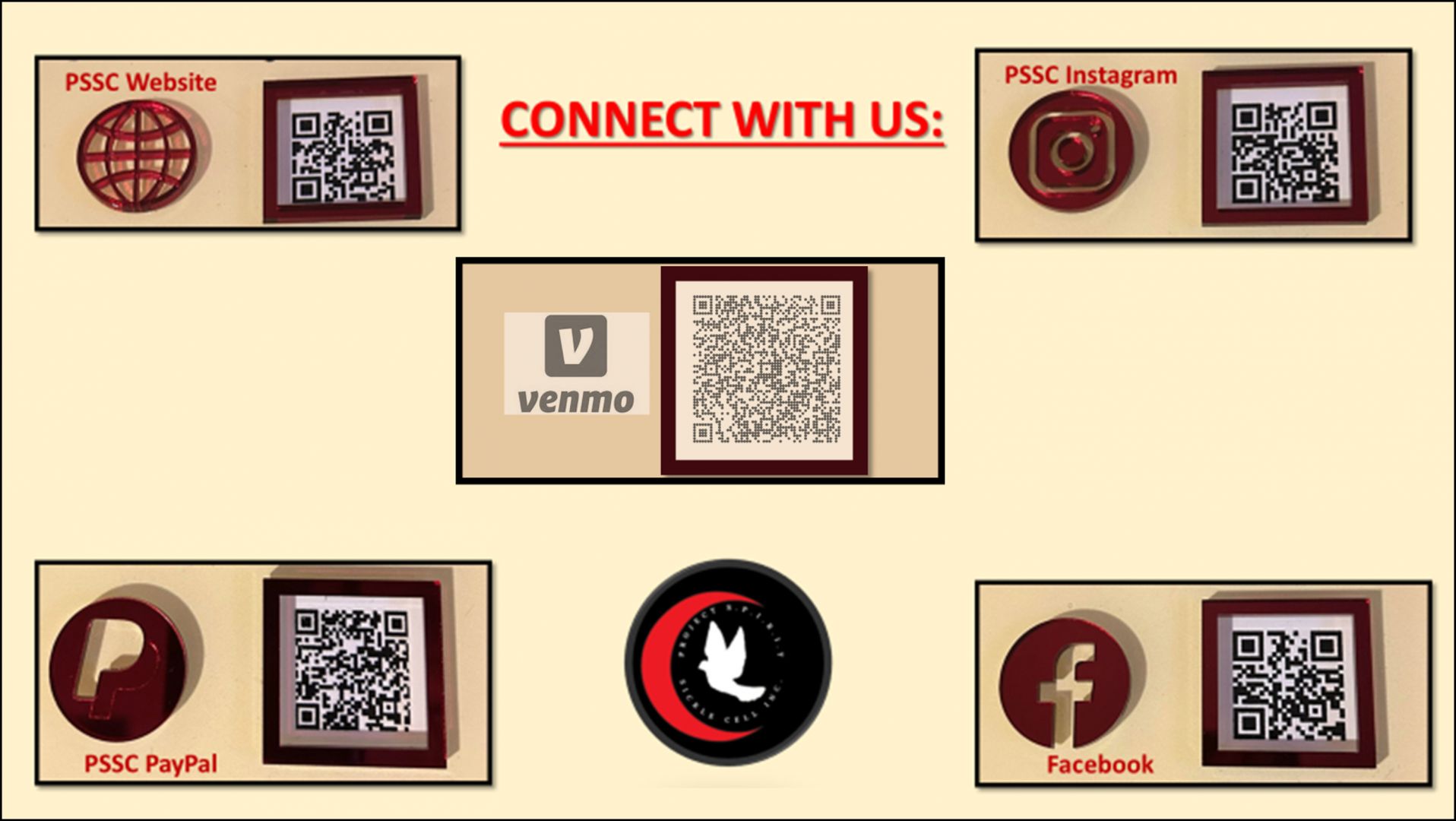
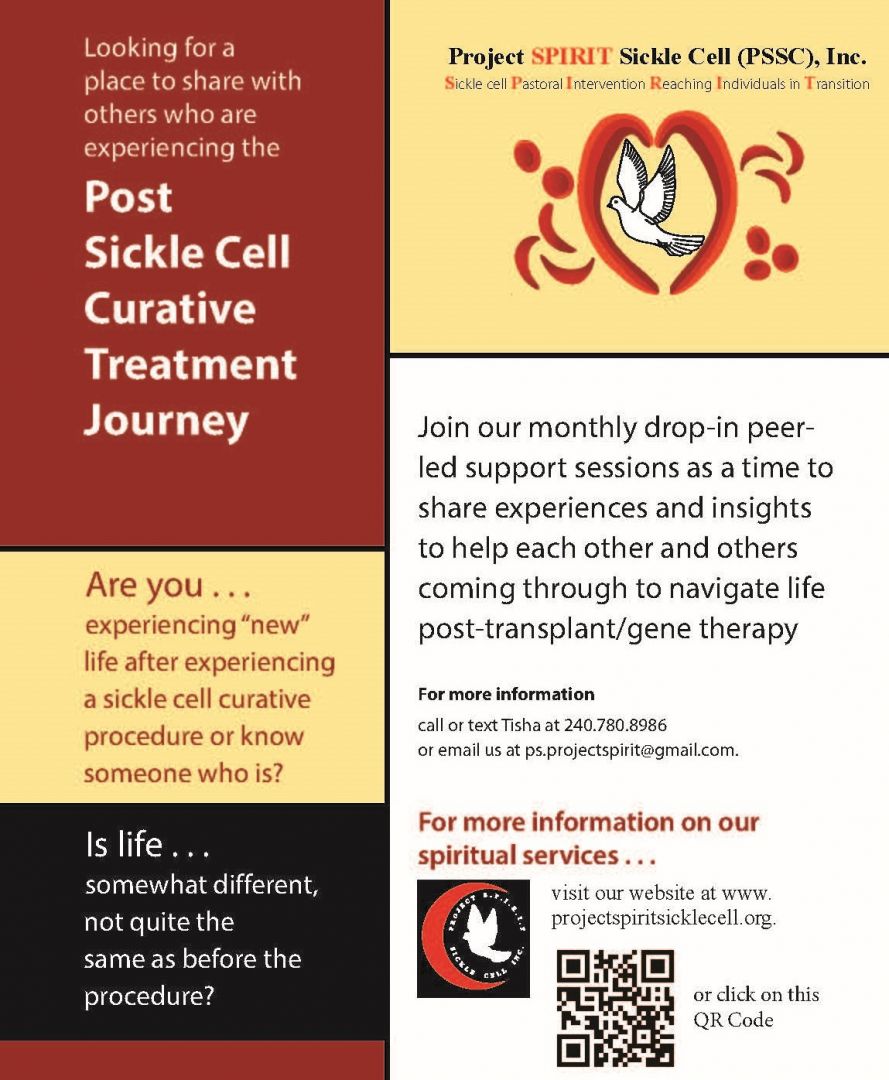
Who else deserves some credit and recognition?
First, giving honor to God for instilling everything within me. And to all the too many to name individually who have provided support, guidance, and direction along this journey as mentors, advisors; members of churches who I have had the honor of serving; and to the faculty at the various institutions of higher learning who helped streamline the focus of this work. I am grateful for the various grant fundings, and private donations received to move this work along. Most of all I could never have done all of this without the PSSC Board of Directors past and present, the PSSC Team – Linda, who has been with me before the beginning, Brenda, Tisha and Pat. To my black clergy women colleagues especially Diane, Daphne and Mama Gertie. To my daughter, son-in-love, 4 granddaughters, and husband Craig, thanks for all the support. Most of all, in memory of my mother Ruth, who was my rock and staunchest supporter throughout my life and in all my endeavors. I know she is proud of where God has brought me.
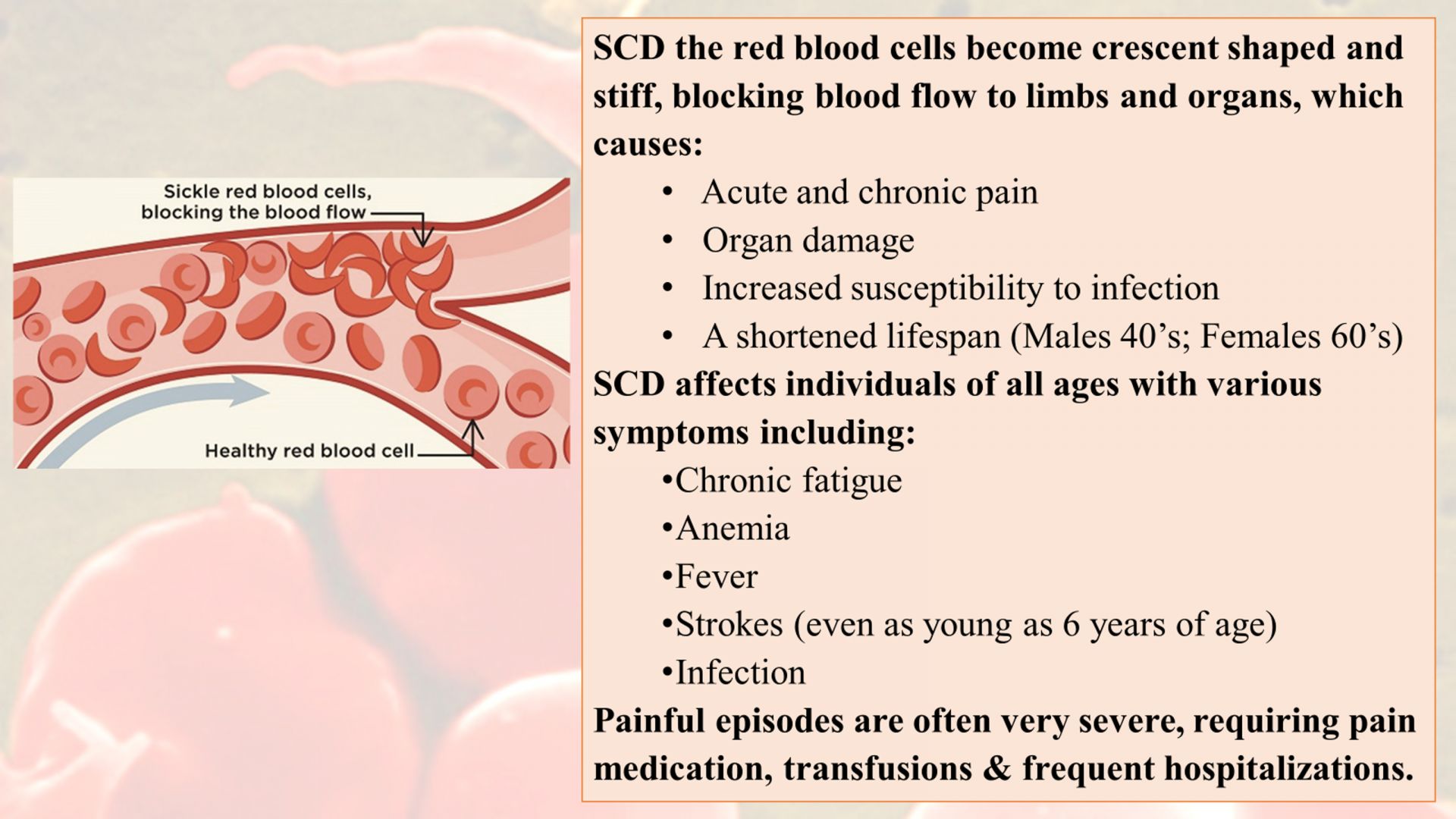
Website: www.projectspiritsicklecell.org
Instagram: Project_Spirit
Facebook: Project Spirit Sickle Cell
